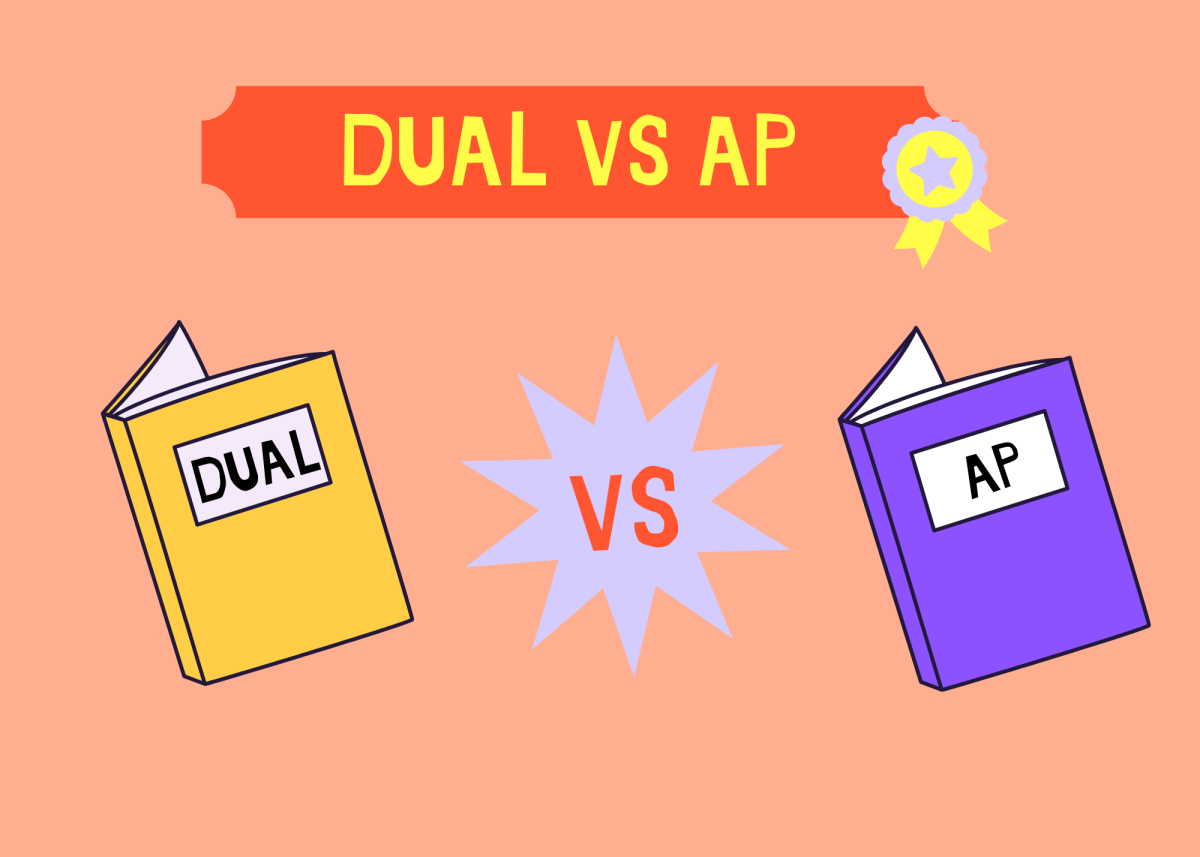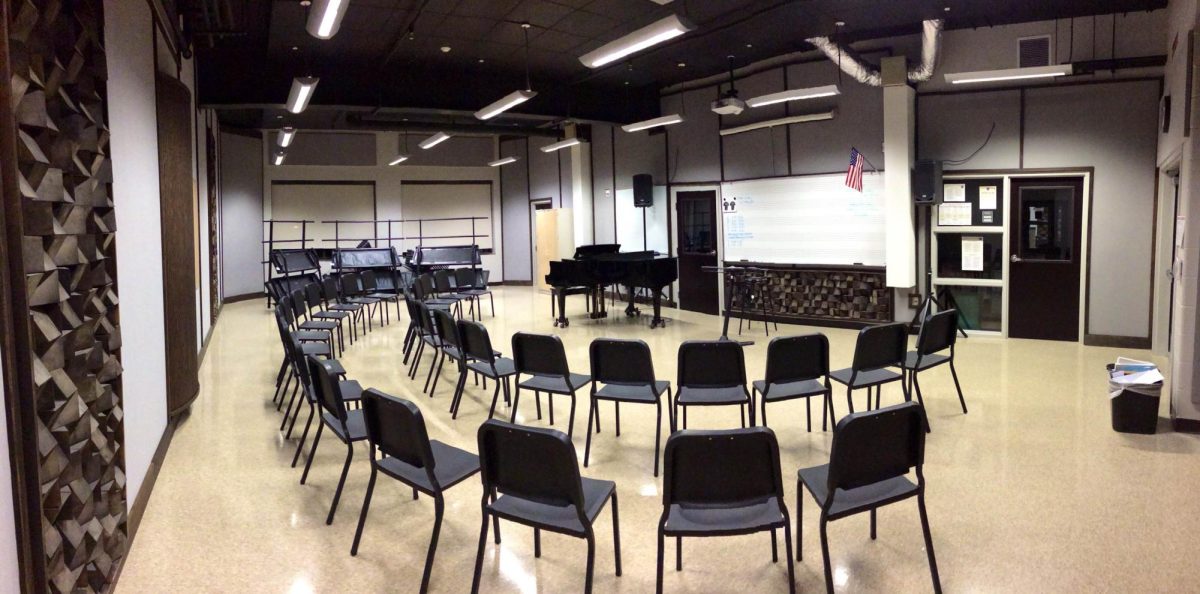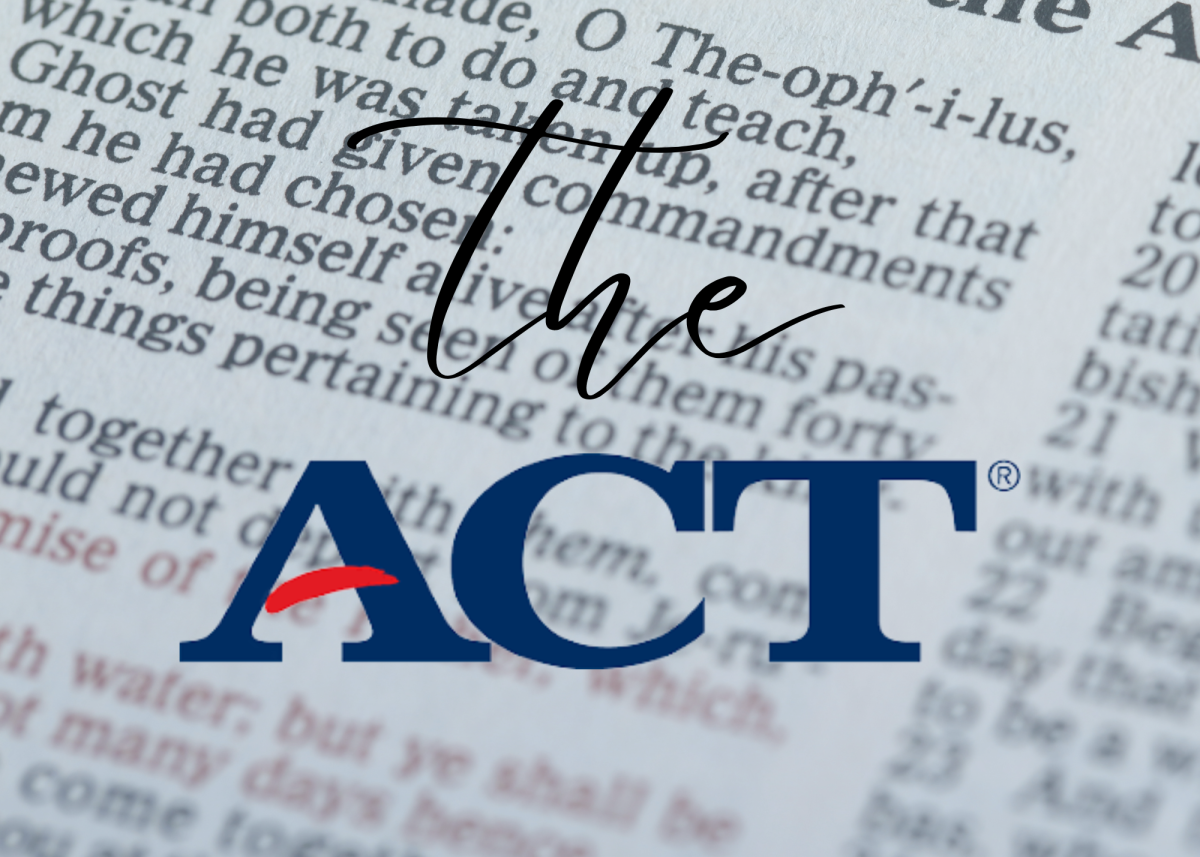In most high schools in the United States, a variety of classes are offered to the students to choose from, depending on what their preferences and skills are; however, it might be difficult deciding what to choose due to the lack of information given.
One of the most common dilemmas students encounter is choosing between AP and Dual enrollment classes, which might cause stress and inconvenience in the future. Therefore, it is incredibly important for the student to be well educated on what both classes are.
Advancement Placement classes, known as AP classes, are part of a program in the United States and Canada created by the College Board which offers undergraduate college-level high school courses, providing students an opportunity to earn college credits.
Each class is associated with a large exam that occurs at the end of the year, and mostly consists of a multiple choice and writing portion. Depending on your performance on the AP test, you will be given a score from one to five. With a score above a two, the student is considered “qualified” to earn college credit. A score of three is decent, a four is good, and a five is outstanding; however, a three might not be accepted by all colleges for credit.
Most APs offer the student an opportunity to challenge themselves in a particular field of interest, which shows colleges that they can handle the rigor of a college level course.
However, AP classes are not the only path toward earning college credit. Dual enrollment programs allow students to take college classes while they are still in high school, enrolling at two different academic institutions at the same time. High school students that take dual enrollment courses usually take fewer classes when they get to college, depending on how their college or university of choice accepts their credits.
One of the biggest differences between Dual and AP classes is how the credit must be obtained. By passing a Dual class, the credit is immediately given to the student at the partnering Dual Enrollment institution, while in AP, the student may pass the class but earning the college credit solely depends on passing the AP exam.
One reason why students might prefer Dual Enrollment is due to it being offered as a cost-free option for students who are eligible for the state dual enrollment grant, while with AP classes the student must pay for the exam which usually ranges from $95 to $100. However, not all Tennessee students are covered by grants for dual enrollment, leading them to take advancement placement classes instead.
Students who have taken both courses at Blackman High School shared their opinions over the two classes, to give insight to other students who are going to be deciding soon.
“I prefer Dual classes over AP because I like how the class has a professor and is only one semester long. I feel it prepares me better for college,” Annabelle Whitaker, a junior, commented.
Dual classes may show a high school student a sense of what a college class is, which helps them assimilate better into the college system.
“I believe both classes are worth it. They both have college level work that prepares you for higher education. I do not think taking AP or Dual depends on your preferred career; they both have their pros and cons. At the end of the day, both are college level courses,” Whitaker stated.
While some students might prefer Dual enrollment classes, others take APs due to their aspirations toward entering Ivy League universities, since most of them require expect to see many APs on a student’s application.
“It really depends on the person’s preference and path, but people that aspire to go to more competitive school usually prefer to take APs, as they look better in their application process.” Janie Whitaker, a junior, commented.
Moreover, advancement placement classes are widely recognized by colleges, and while both programs have existed for a long time, APs are still more generally accepted due to the rigorous curriculum.
If both AP and dual enrollment options are available to the student, it is important that the choice made aligns with the student’s plan for college. While APs might be the safer choice, there will be exposure to rigorous coursework, and if the student plans to go to college in-state and can transfer credit, then dual enrollment is a good option. At the end, both courses count toward the application process and help the student prepare themselves for college.
















